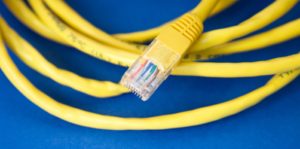
Hance Haney served as Director and Senior Fellow of the Technology & Democracy Project at the Discovery Institute, in Washington, D.C. Haney spent ten years as an aide to former Senator Bob Packwood (OR), and advised him in his capacity as chairman of the Senate Communications Subcommittee during the deliberations leading to the Telecommunications Act of 1996. He subsequently held various positions with the United States Telecom Association and Qwest Communications. He earned a B.A. in history from Willamette University and a J.D. from Lewis and Clark Law School in Portland, Oregon.
Archives

